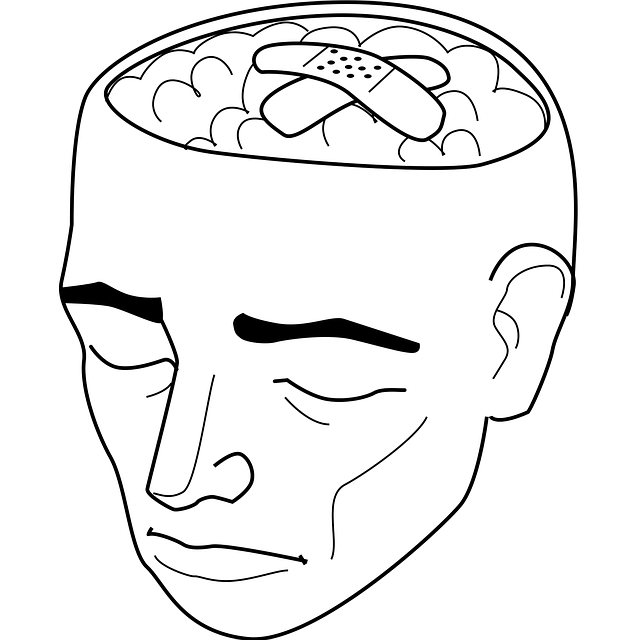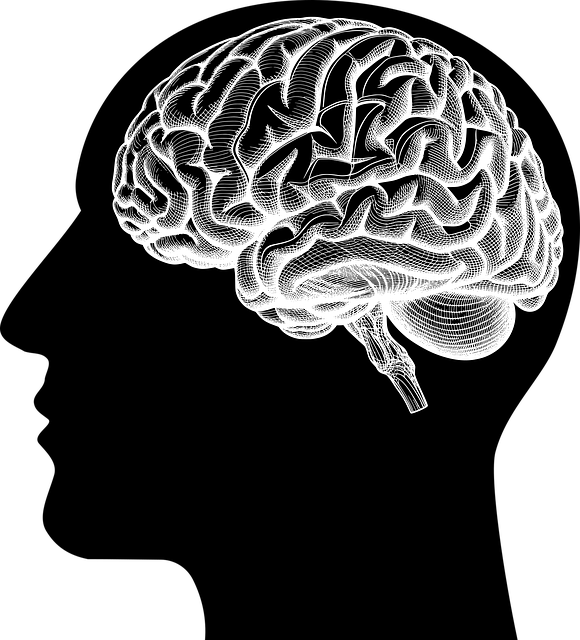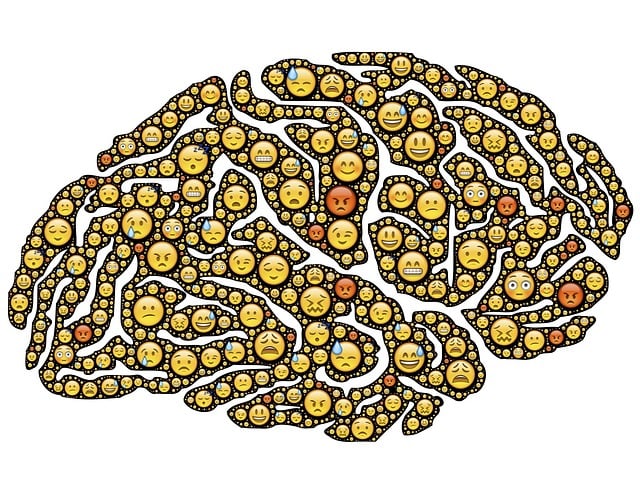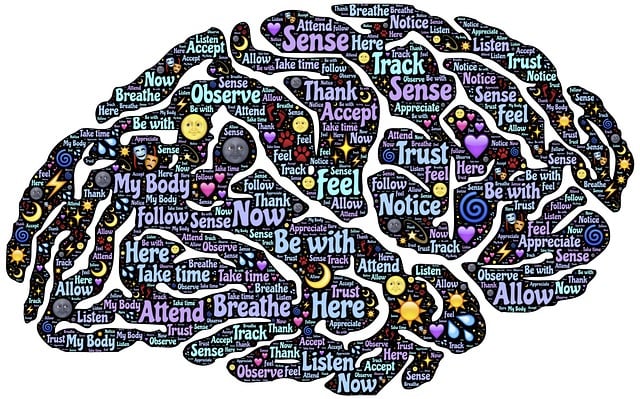In today's diverse healthcare landscape, especially in communities like Westminster with varied backgrounds, cultural competency is essential for effective treatment and improved health outcomes. Mental wellness professionals, including therapists at Westminster Suicide Prevention Therapy, benefit from training that fosters empathy, enhances communication, and promotes tailored evidence-based practices. This addresses biases, improves patient-centered care, and reduces stigma, significantly impacting positive mental health outcomes. Implementing and evaluating training programs, such as stress management workshops and emotional intelligence training, with regular assessments, ensures continuous improvement in clinical practice. Westminster Suicide Prevention Therapy serves as a model for culturally competent services, reducing suicide rates through inclusive environments and culture-specific interventions.
Healthcare provider cultural competency training is an essential component of delivering effective, equitable care. In a diverse society, understanding cultural nuances can significantly impact patient outcomes. This article explores the critical need for cultural competency in healthcare, highlighting the detrimental effects of cultural biases and stereotypes on patient interactions. We present a case study from Westminster Suicide Prevention Therapy, demonstrating successful cultural competent practice. Additionally, we discuss strategies for implementing and evaluating training programs to enhance healthcare providers’ cross-cultural skills.
- Understanding Cultural Competency in Healthcare: A Necessity for Effective Treatment
- The Impact of Cultural Biases and Stereotypes on Patient Care
- Westminster Suicide Prevention Therapy: A Case Study in Cultural Competent Practice
- Implementing and Evaluating Training Programs for Healthcare Providers
Understanding Cultural Competency in Healthcare: A Necessity for Effective Treatment

In today’s diverse healthcare landscape, cultural competency is no longer a choice but an absolute necessity. It involves understanding and respecting different cultural beliefs, values, and practices among patients, especially in communities like Westminster, where various ethnic and socioeconomic backgrounds coexist. This awareness is crucial for delivering effective treatment because health outcomes can be significantly influenced by cultural factors. For instance, patients from diverse cultural backgrounds may have unique interpretations of illness and healing, which can impact their engagement with healthcare services.
For mental wellness professionals, including therapists specializing in Westminster Suicide Prevention Therapy, building cultural competency skills is essential. It fosters empathy-driven interactions, enhances communication, and promotes the use of evidence-based practices that consider the specific needs and challenges faced by culturally diverse individuals. Furthermore, incorporating strategies for self-esteem improvement tailored to these unique contexts can lead to more meaningful therapeutic outcomes. Effective cultural competency training equips healthcare providers with the tools to navigate complex cultural labyrinths, ultimately ensuring patient-centered care and improved mental health services for all.
The Impact of Cultural Biases and Stereotypes on Patient Care

Cultural biases and stereotypes can significantly impact patient care, often leading to miscommunication and inequality in healthcare services. These unconscious preconceptions influence how healthcare providers interact with patients from diverse backgrounds, affecting diagnosis, treatment plans, and overall patient experience. For instance, stereotypes about racial or ethnic groups can result in biased assumptions about health conditions and behaviors, hindering accurate assessments.
At Westminster Suicide Prevention Therapy, we recognize the critical importance of addressing these cultural biases to ensure every patient receives compassionate and effective care. Emotional healing processes, including mindfulness meditation techniques, can aid in burnout prevention among healthcare professionals, allowing them to provide more nuanced support. By acknowledging and challenging stereotypes, healthcare providers can foster an inclusive environment, promoting better mental health outcomes for all individuals, regardless of their cultural background.
Westminster Suicide Prevention Therapy: A Case Study in Cultural Competent Practice

Westminster Suicide Prevention Therapy is a prime example of how cultural competency training can transform mental health services. This innovative program, designed to address the unique needs of diverse communities, has shown remarkable success in enhancing patient outcomes and reducing the stigma associated with mental illness. By incorporating culturally tailored interventions, therapists at Westminster create safe spaces where individuals from various ethnic, cultural, and socioeconomic backgrounds feel understood and supported.
The therapy model prioritizes self-esteem improvement and mood management techniques that resonate with each client’s individual culture. Through its comprehensive training, Westminster ensures that mental health professionals are equipped to navigate complex cultural nuances, fostering a deeper connection between the therapist and patient. This approach not only promotes better engagement but also facilitates more effective treatment, ultimately contributing to significant reductions in suicide rates within targeted communities.
Implementing and Evaluating Training Programs for Healthcare Providers

Implementing and evaluating training programs for healthcare providers is a crucial step in fostering cultural competency. These workshops should go beyond surface-level awareness and delve into practical strategies for addressing diverse patient needs, including those related to mental health. For instance, incorporating Stress Management Workshops Organization techniques can empower providers to recognize and manage their own stress levels, thereby enhancing patient care. Emotional Intelligence training is another valuable component, teaching professionals to understand and respond appropriately to patients’ emotions, especially in sensitive areas like suicide prevention therapy, as offered by Westminster Suicide Prevention Therapy.
To ensure effectiveness, regular evaluations are essential. This includes pre- and post-training assessments, peer feedback sessions, and ongoing performance reviews. Such measures help identify knowledge gaps, refine training methodologies, and track the impact on clinical outcomes. By fostering a culture of continuous learning and improvement, healthcare organizations can create a more inclusive environment where diverse patient populations receive tailored, compassionate care.
Healthcare provider cultural competency training is not just a preference, but an imperative for delivering effective treatment. As evidenced by the case study of Westminster Suicide Prevention Therapy, culturally competent practices significantly enhance patient care and outcomes. By addressing biases and stereotypes, healthcare professionals can create inclusive environments that foster trust and understanding. Implementing and evaluating training programs, such as those discussed in this article, are crucial steps towards ensuring healthcare services meet the diverse needs of all patients. Through continuous learning and adaptation, healthcare providers can revolutionize patient experiences, making care accessible and compassionate for everyone.













